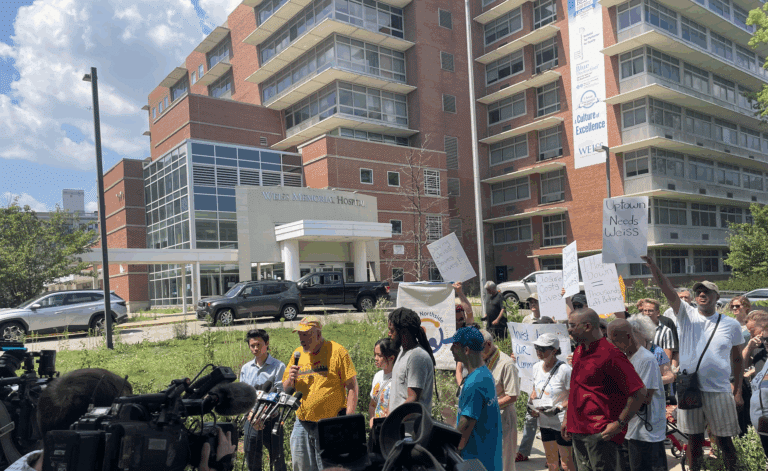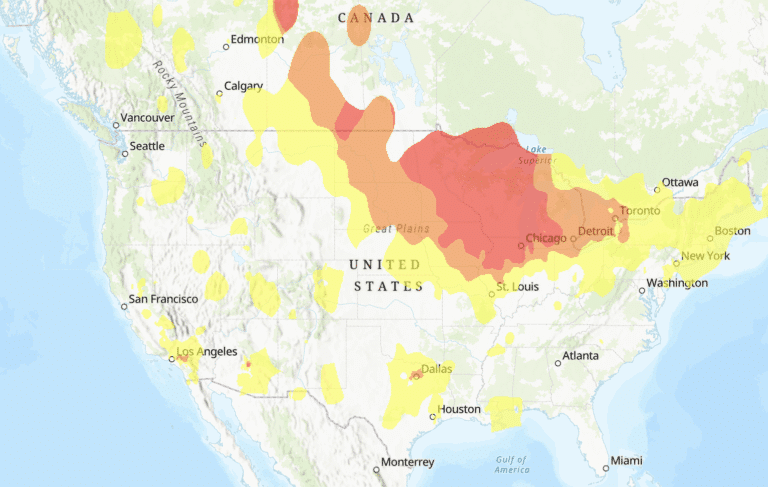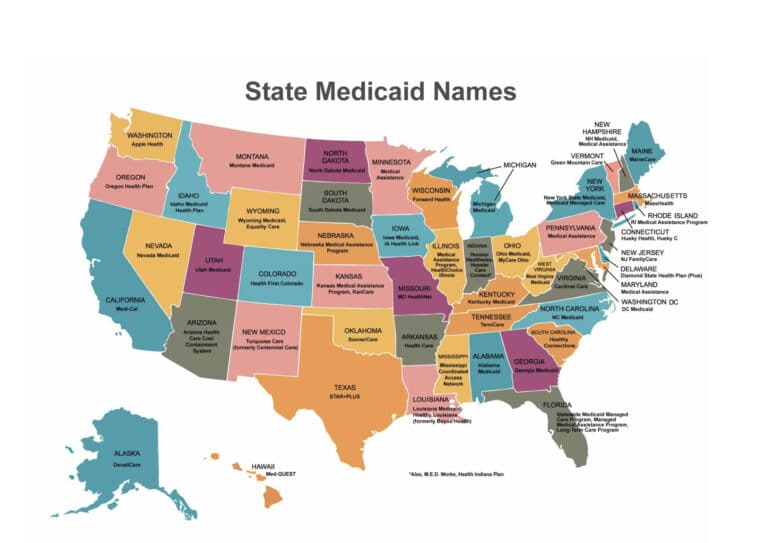Respite care eases the burdens on caregivers
Caring for an aging parent can be physically and mentally demanding, an around-the-clock responsibility. Sometimes caregivers just need a break—a few days when they can take care of business, address a family emergency or go on a vacation and know that mom or dad is well taken care of. Enter short-term respite care.
The need for respite care is particularly acute for the sandwich generation, those caring for their parents and their adult children. “We have so many adults right now who are taking care of their own children and their parents,” says Sarah Bradford, regional director of operations at Sunrise Senior Living in Chicago. Some 47 percent of adults in their 40s and 50s are caring for a parent age 65 or older while also financially supporting a grown child (age 18 or older), according to the Pew Research Center.
Pulling double-duty caregiving can be physically, emotionally and financially draining. “They need a break,” Bradford says. “Whether it’s a stress management issue or just a vacation to calm nerves.”
A respite in many forms
Respite care—designed to be short-term, typically up to 30 days—can give caregivers that break.
Care can be provided in a skilled care facility or in a home. It can encompass sitter-based care, home health aides, adult daycare, 24-hour care or rehabilitation. Residential care facilities may offer respite care for a night, a few days or a few weeks, allowing caregivers to take a break or vacation while their parent is supervised and cared for in a safe environment.
Residential respite care can give the senior and the family a chance to check out the facility, meet other residents and try new activities, Bradford says.
“At Sunrise we’re trying to create that homelike environment to make them most comfortable,” Bradford says. “We make sure from day one that the resident’s needs are understood and met so there isn’t stress and anxiety.”
Customized care is a priority for facilities that offer respite stays, says Nancy Razo, regional nursing operations director at Presence Life Connections. Staff works to meet the family’s needs.
Short-term residential respite stays can, as Razo says, “allow the family to test the waters of whether or not long-term care placement is appropriate for their loved one.”
“The positives of a respite stay are many for the residents and their caregivers: physical clinical care, the ability to make friendships, life enrichment for the patient, and relief and renewal for the caregiver to name a few,” Razo says.
An unexpected answer
Both Sunrise and Presence are equipped to accommodate unexpected stays as well as planned ones. Emergencies arise, which can push respite care from convenience to a necessity.
Recently, Sunrise cared for a resident named Mary. She lived with her adult children and was succumbing to panic attacks and anxiety in the middle of the night. The family had to rush Mary to the emergency room at 3 or 4 a.m. three times in one week. “The family had been working their daily jobs, taking care of their own children. It had been a hectic time,” Bradford says.
The Sunrise team found that Mary was relatively inactive during the day, thus making her sleep restless. By keeping her occupied with activities,
the team helped her sleep without panic attacks, while giving Mary’s family the break it needed to recuperate. “It really built that relationship with her children,” Bradford says.
Facilities that offer respite care often employ a multidisciplinary clinical team of registered nurses, certified nursing assistants, physical therapists, occupational therapists, dietitians and activity planners to ensure that the stay is beneficial for theresidents and the families or caregivers.
“We have respite care for many different populations,” Bradford says.
“It can be people with Parkinson’s, Alzheimer’s or dementia. We also take care of people coming from a hospital setting. Maybe they had hip or knee replacement surgery and they’re justnot quite ready to go home yet.”
Stays at Presence may include observation during periods of acute or unstable illness, administration of intravenous fluids and medications, enteral feedings, short-term bowel and bladder retraining, and changing of sterile dressings.
The dedicated team of specialists at respite care facilities, along with the services offered, give caregivers great peace of mind.
“The stress level of this sandwich generation is being tested much more than it was 10 years ago,” Bradford says. For certain, respite care facilities are doing their part to alleviate the burden for seniors and their families.
Critical Questions for respite care providers
Provided by Cyndie Bryant, Vice President/Director of Memory Care and Resident Services, Koelsch Communities
Q: What hours are available?
A: With 24/7 care, the nurses will be able to assess and monitor your loved one’s wellness, notify their doctor if appropriate and adjust medica-tions to assist in a good quality of life.
Q: Who provides the care to my loved one?
A: Communities should offer 24-hour licensed nurses, including certified caregivers who are not only state certified but also continue their education internally in the community. This continuing education enhances their ability to communicate and meet your loved one’s needs with compassion.
Q: What type of amenities are offered through hourly and respite care?
A: Communities may offer bathing, a spa day in the beauty parlor with a manicure, activities, meals and socializing opportunities.














